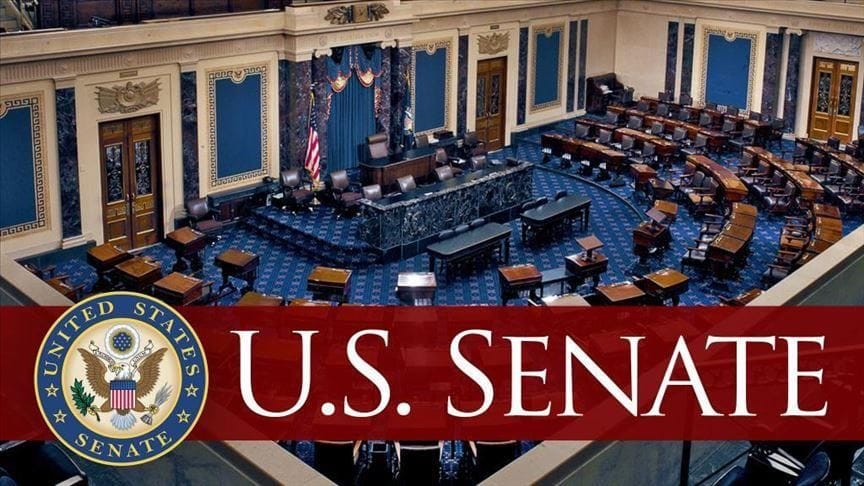In a surprise move, Senators Joe Manchin (D-WV) and Kyrsten Sinema (D-AZ) have announced their decisions to depart the United States Senate, effective at the end of the current legislative session. The news has sent shockwaves through the political establishment, as both senators have played significant roles in shaping the chamber’s agenda and outcomes.
Manchin, a self-described moderate Democrat, has been a thorn in the side of his party’s progressive wing, often taking stances that have put him at odds with his colleagues. His opposition to certain aspects of President Biden’s Build Back Better plan, for example, was seen as a major roadblock to the legislation’s passage. Despite this, Manchin has also been a key player in negotiating bipartisan agreements, such as the Infrastructure Investment and Jobs Act, which was signed into law in 2021.
Sinema, meanwhile, has been a vocal advocate for bipartisan cooperation and has worked closely with Republican colleagues on various initiatives. Her willingness to buck party orthodoxy has earned her both praise and criticism, with some hailing her as a courageous leader and others accusing her of being overly accommodating to the GOP.
The reasons behind the senators’ decisions to leave the Senate are not immediately clear, although sources close to the matter suggest that both are seeking new challenges and opportunities outside of politics. Manchin, who has served in the Senate since 2010, has reportedly been considering a run for governor of West Virginia, while Sinema, who was first elected in 2018, may be eyeing a role in the private sector.
The impact of their departures will be felt across the Senate, where both have played important roles in shaping the chamber’s agenda and legislative outcomes. Their absence will likely create a power vacuum, with other senators vying to fill the void left by their departures.
In the short term, the Democratic Party will need to find new leaders to take on the mantle of moderation and bipartisanship. This could lead to a shift in the party’s overall stance, as more progressive voices may gain greater influence. On the Republican side, the loss of Sinema and Manchin as negotiating partners may make it more difficult to reach bipartisan agreements, potentially leading to greater gridlock and partisanship.
Ultimately, the legacies of Manchin and Sinema will be shaped by their actions in the Senate, as well as the consequences of their departures. While their decisions to leave the chamber may come as a surprise, their influence on American politics will likely be felt for years to come.

